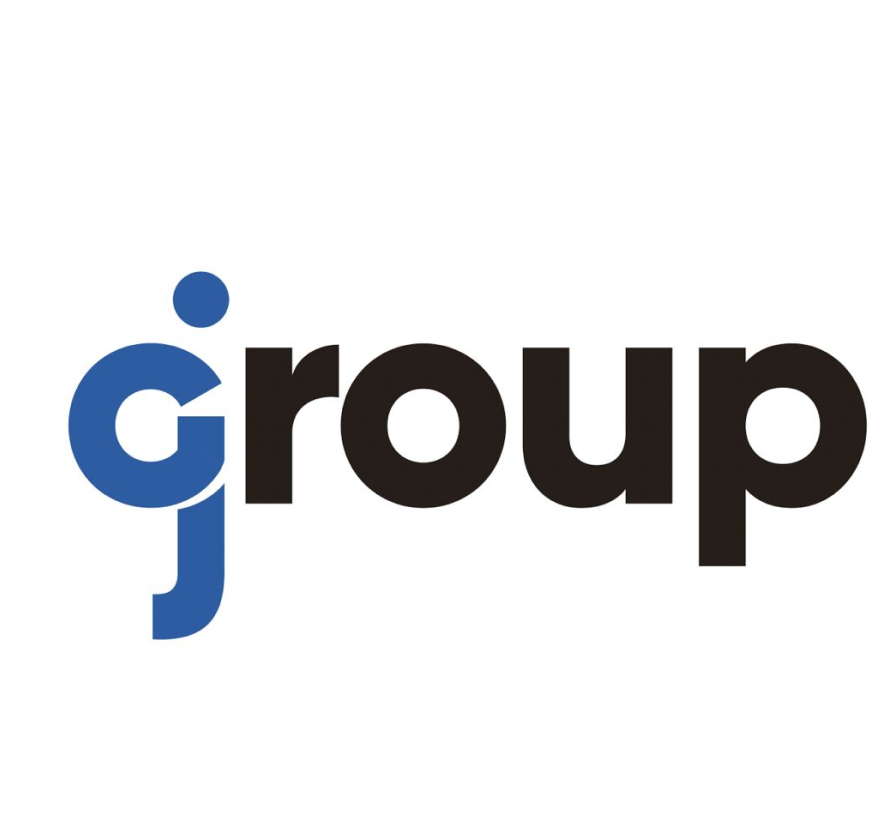The Lean Startup
Written By :
Category :
Web Development
Posted On :
May 12, 2023
Share This :

Introduction
The Lean Startup methodology is a popular approach to product development that has gained a lot of traction in recent years. It is a framework that emphasizes the importance of rapid experimentation, continuous improvement, and customer feedback in the product development process. In this blog post, we will explore the benefits and disadvantages of the Lean Startup methodology and how it can help businesses innovate and stay ahead of the competition.
What is the Lean Startup Methodology?
The Lean Startup methodology was popularized by Eric Ries in his book, The Lean Startup. According to Ries, the Lean Startup approach is all about creating a culture of continuous innovation and experimentation. It is a framework that encourages businesses to test their ideas in the market quickly, gather feedback from customers, and iterate based on that feedback.
Benefits of the Lean Startup Methodology
- One of the biggest benefits of the Lean Startup methodology is that it helps businesses minimize their risks and avoid wasting resources on products that may not be successful in the market. By testing their ideas with minimal viable products (MVPs), businesses can quickly validate their assumptions about the market and make data-driven decisions about their product development strategy.
- Another benefit of the Lean Startup methodology is that it encourages a culture of experimentation and innovation within the organization. By embracing the concept of MVPs and continuous improvement, businesses can foster a mindset of learning and adaptability that can lead to better products and services over time.
Disadvantages of the Lean Startup Methodology
- Despite its many benefits, there are also some potential disadvantages to the Lean Startup methodology. One of the biggest challenges is that it can be difficult to balance speed with quality. In the rush to launch MVPs quickly, businesses may sacrifice quality and polish, which can lead to negative customer experiences and damage to their brand reputation.
- Another potential disadvantage of the Lean Startup methodology is that it may not be suitable for all types of businesses or industries. For example, businesses that require significant upfront investment in research and development may find it challenging to launch MVPs quickly and may need to rely on more traditional product development approaches.
- Due to the consideration of various different customer feedbacks, the original idea or vision may suffocate along the way and it may kill the entrepreneurial passion in the vision carrier.
Conclusion
In conclusion, the Lean Startup methodology is a powerful tool for businesses looking to innovate and stay ahead of the competition. By emphasizing rapid experimentation, continuous improvement, and customer feedback, businesses can minimize their risks, avoid wasting resources, and create better products and services over time. However, it is important to balance speed with quality and recognize that the Lean Startup approach may not be suitable for all types of businesses or industries. Ultimately, the key to success with the Lean Startup methodology is to embrace a culture of experimentation and learning, and to continuously iterate and improve based on customer feedback.

